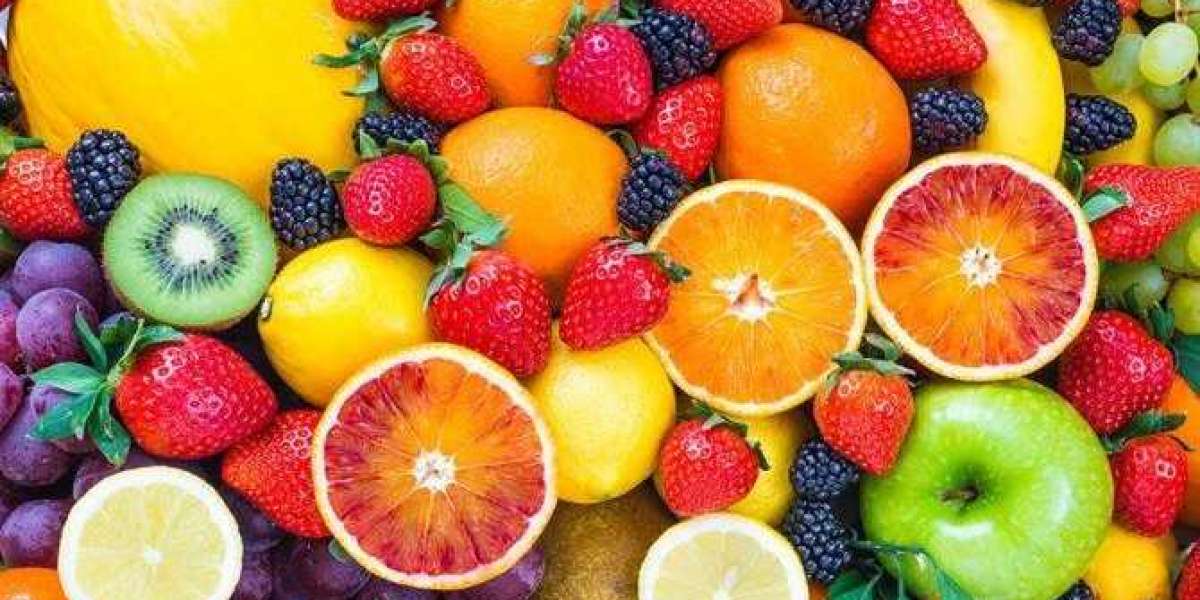Chronic diseases such as high blood pressure, heart disease, and certain cancers can be reduced by leading a healthy lifestyle. Using buy Fildena 200 and Malegra 200 to treat ED is a sensible decision.
Eating well entails including various foods from various food groups in your diet. These top ten healthiest foods can assist you in establishing a solid nutritional foundation.
Chocolate, dark
Dark chocolate is a delectable treat with significant health benefits. It contains flavanols, which stimulate the artery lining to produce nitric oxide, which improves blood flow and lowers blood pressure.
It is also anti-inflammatory and antioxidant, which can help prevent heart disease. It also improves brain function by increasing blood flow to areas of the brain involved with pleasure and reward.
However, because dark chocolate is high in calories, it must be consumed in moderation. According to experts, you should consume 1 to 2 ounces (approximately 30-60 grams) every day.
Carrots
Beetroot is a highly nutritious vegetable that is high in vitamins, minerals, and fiber. It also contains nitrates, which aid in blood pressure reduction and overall health.
Beetroot can also aid in the prevention of heart disease, the improvement of skin health, and the strengthening of the immune system. It's also a good source of folate, which aids fetal development in pregnant women.
By Optimizing your blood sugar and metabolism, including beetroot in your diet will help you reach your weight loss goals. The root vegetable is also strong in potassium, which aids with blood pressure control and heart health.
Lemonade
Lemons are a low-calorie, vitamin- and antioxidant-rich fruit. They can also help to strengthen your immune system and lower your risk of heart disease.
Vitamin C, in particular, promotes collagen formation, giving skin a young appearance and preventing fine lines and wrinkles. It also decreases inflammation and oxidative stress, which may be beneficial to your general health.
Lemon peel can also help you avoid osteoporosis, rheumatoid arthritis, and other bone diseases. The acidity in lemons, according to a study published in the Journal of Nutrition and Metabolism, can also help kill cancer cells. Furthermore, it can help with blood pressure control.
Eggs
Eggs are a fantastic source of high-quality protein, making them an excellent complement to a variety of diets for weight loss. They also include plenty of vitamins A, D, and B12, as well as choline, a micronutrient that aids brain function.
They're also high in good fats, such as saturated and monounsaturated fat. Both are required for optimal cardiovascular health and a strong immune system.
Eggs have been related to heart disease in certain studies, however, this is likely due to how they are cooked rather than the cholesterol content. However, if you cook your eggs properly, they remain a tasty and nutritious option.
Fish with Oil
Fatty fish contains omega-3 fatty acids, which are beneficial to the heart and brain. It can help you lower your cholesterol and reduce your risk of heart disease.
It also contains less saturated fat. However, choosing the right type of fish is essential in order to reap all of the benefits. 3 ounces cooked or 3/4 cup flaked fish is a serving size.
Fatty fish like salmon, tuna, and mackerel are high in omega-3 fatty acids. They also include a lot of vitamins A, D, and B.
Original Grains
A healthy diet includes whole grains that contain bran, germ, and endosperm. These are high in complex carbohydrates, dietary fiber, and other nutrients that contribute to a variety of health benefits.
According to the Dietary Guidelines for Americans, half of the total grain intake should come from whole sources such as whole wheat bread, whole-grain cereal, rice, and pasta. One ounce is one serving of these meals (or three serves for 2000 calories per day).
Whole grain consumption has been related to a decreased risk of all-cause mortality in large prospective cohort studies. Whole grain consumption has also been associated with a lower incidence of cardiovascular disease, cancer, and type 2 diabetes in older persons.
Leguminosae
Legumes are nutrient-dense foods that have a high concentration of vitamins and minerals in each serving. They're also strong in fiber, which helps you feel fuller for longer, and satiating protein, which helps you feel fuller for longer.
They're also low in fat, making them ideal for individuals on a diet or wanting to minimize calories. Adzuki beans, black beans, chickpeas (garbanzo beans), fava beans, kidney beans, lentils, and split peas are some of the most common legumes.
Consuming beans on a regular basis may lower your risk of heart disease, stroke, diabetes, obesity, high blood pressure, and certain malignancies. They also include a lot of folates and soluble fiber, which may help decrease homocysteine levels and promote cardiovascular health. They also have a low glycemic index, which means they are less likely to raise your blood sugar and insulin levels, which can help you avoid Type 2 diabetes.
Olive Oil
Olive oil contains a lot of antioxidants and phenolic compounds. These aid the body's defense against oxidative stress, which causes inflammation, cell damage, and aging.
It also contains a lot of monounsaturated fatty acids (MUFAs), which have been demonstrated to boost brain health and reduce the risk of Alzheimer's, depression, dementia, and other forms of cognitive decline.
EVOO, in addition to being an excellent source of antioxidants, contributes to the maintenance of healthy cholesterol levels. This is due to the fact that it reduces LDL (bad) cholesterol while increasing HDL (good) cholesterol.
When purchasing olive oil, check for the extra virgin label. The label should also include the country of origin. Cenforce 100 and Cenforce 200 are used to address men's health conditions.
Beetroot Juice
Beetroot juice contains a lot of fiber, which aids digestion and lowers inflammation. It also contains a range of nutrients that are useful, such as vitamins, minerals, and nitrates.
According to several research, consuming beetroot juice lowers blood pressure and enhances athletic performance. Furthermore, beetroot juice is high in iron and folate, which may help prevent or treat conditions like anemia.
Furthermore, beetroot juice is thought to increase blood flow to the brain in the elderly, which may aid in the prevention of Alzheimer's disease and other forms of cognitive decline. However, more research is needed to determine the precise health benefits of beetroot juice.
Salmon
Because of its high protein, omega-3 fatty acid, and vitamin D content, salmon is considered one of the world's healthiest foods. It's also quite flavorful and versatile in terms of preparation.
The wild salmon is anadromous, which means that it spends part of its life in saltwater and the remainder in freshwater. This allows them to survive in salinity ranges that would kill other fish.
Salmon have a convoluted life cycle that includes numerous phases before they reach adulthood. A fry is the first stage of development. This is where they begin their year-long or two-year-long journey to the ocean.








